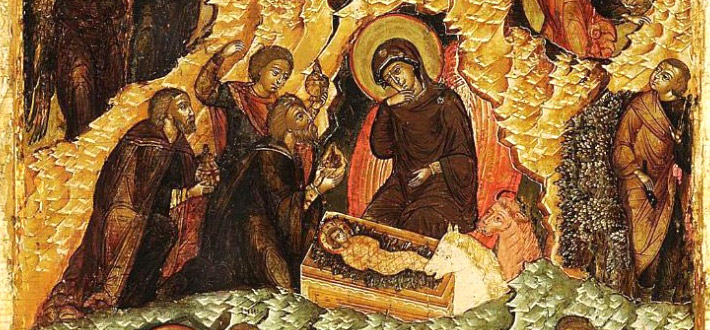
Jesus: Origins of Christianity
Not much is known about the historical Jesus since nothing was written down by him or about him during his lifetime.

Jerusalem and the Early Followers of Jesus
A month after his own death in 14 CE, Augustus Caesar was declared a God by the Roman Senate and was worshipped, with statues venerating him throughout the Empire, including in Jerusalem.
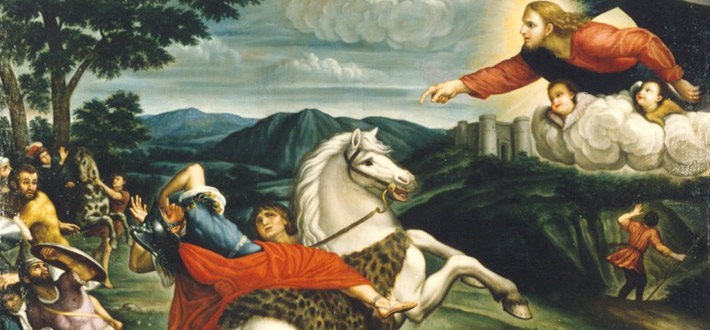
The Church that Paul Built
Paul’s version of Christianity was uniquely his own, very extreme and very different from that of the Apostles in Jerusalem.
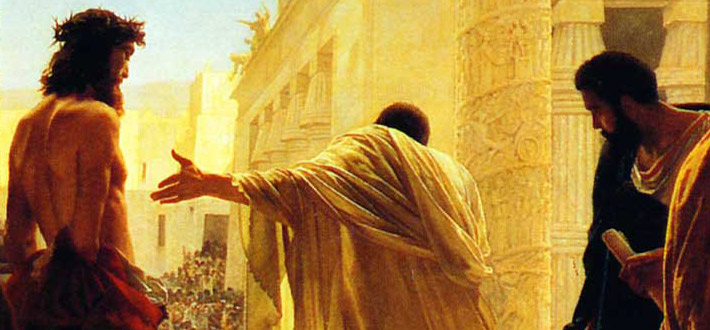
Best Known Gospels
The vast majority of the audiences at the time were illiterate and were used to an oral tradition where stories, like the tales of Homer, were retold, shaped and re-shaped for specific audiences in a way that suited local circumstances, concerns, and beliefs.

Historical Jesus: Who Do Men Say That I Am?
Not much is known about the historical Jesus since nothing was written down by him or about him during his lifetime.
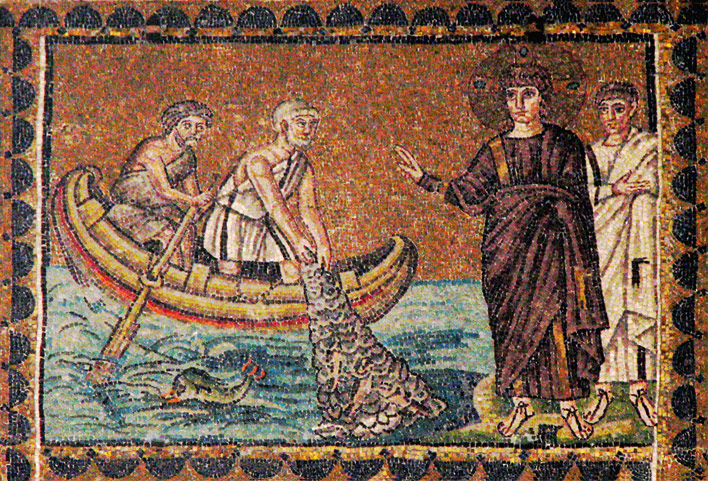
Jesus the Teacher
Like all true spiritual leaders, Jesus was uncompromising; should his actions and words involve politics, or have political consequences, then so be it, but, like the great Axial prophets and teachers before him, his aim was spiritual revitalization.
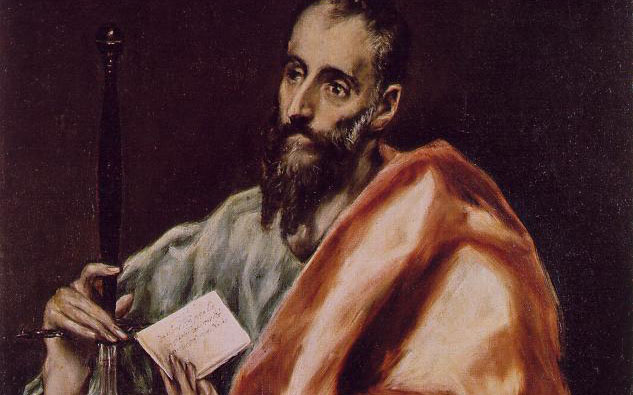
The Success of Pauline Christianity
Early Christianity grew rapidly from a minor inconspicuous sect to become the official religion of the Roman Empire. We look at key reasons why and what lead to its becoming the world's most successful religion with approximately 2.38 billion adherents.
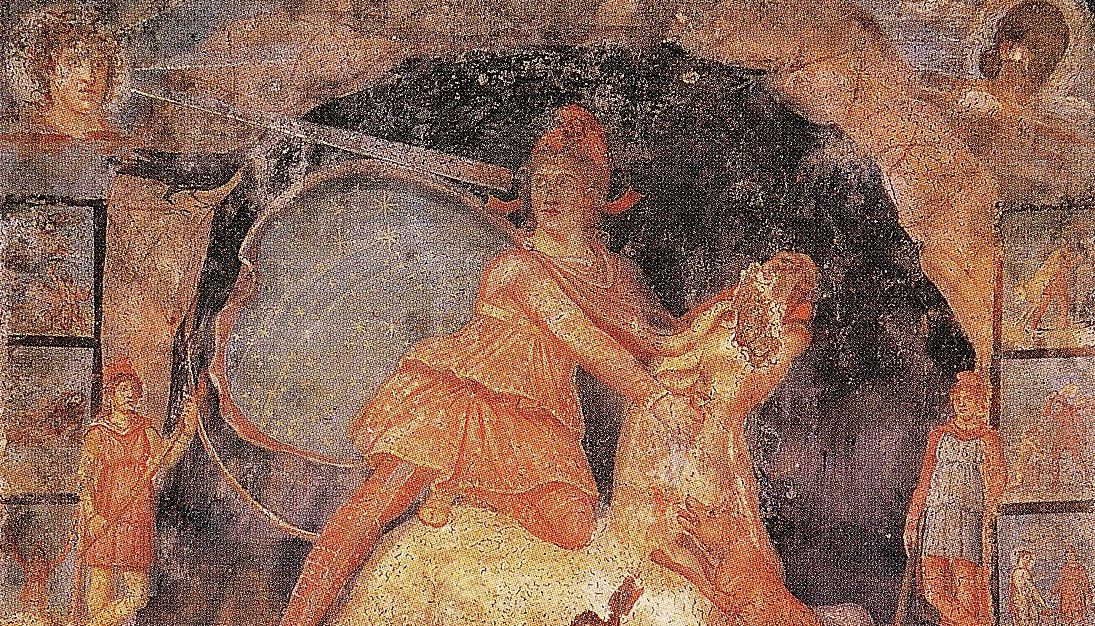
A Multicultural Story
The Roman Empire was a melting pot of cultures, each with its own stories, myths, legends and beliefs—many of which live on in contemporary Christian beliefs and ritual.
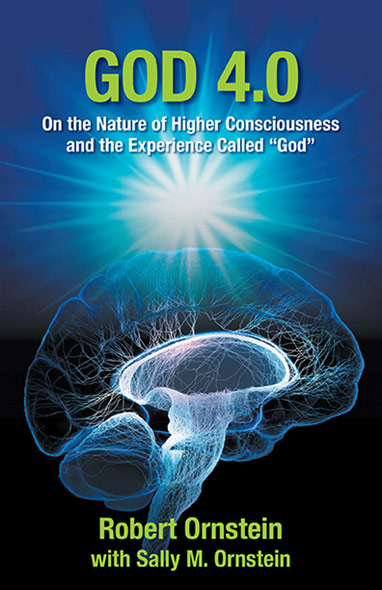
God 4.0
On the Nature of Higher Consciousness and the Experience Called “God”
By Robert Ornstein with Sally Ornstein
Review by Denise Winn
Contributing Writer
Countless research findings reveal the existence of a second network of cognition that transcends everyday consciousness. It is what people have tried to activate, from the earliest shaman-sages to Moses 3,500 years ago, to Jesus 2,000 years ago, to Muhammad 1,400 years ago, all the way up to the myriad of contemporary seekers. Read more
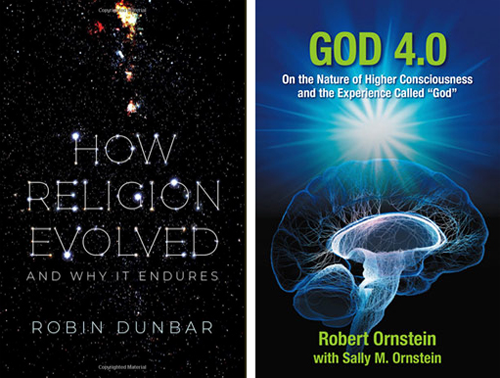
A Contemporary Look at the Nature of Religious Experience
Review by George Kasabov
Contributing Writer
People can persuade themselves of anything. Many believe that death is a transition to a transcendental world, that miracles occur through the will of God, or that our lives are ruled by immaterial spirits. How is it that, in our scientific age, when we have learned so much about the evolution of the universe and the nature of life, so many still cling to such beliefs? Why is it that faith – belief in the unprovable – is considered a virtue?
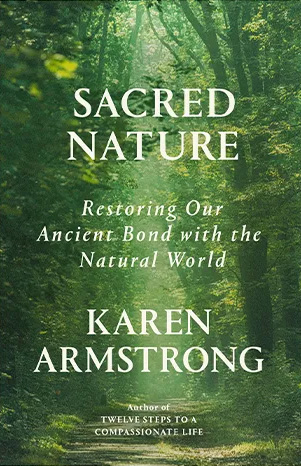
Returning to the Spirit in “Sacred Nature”
A review of Sacred Nature by Karen Armstrong
A staggering 33 million people have been internally displaced in Pakistan. Because climate change is likely to have played a role in the heavy rains, the displaced can be considered “climate refugees”— a term that the novelist Fatima Bhutto urges us remember, as we will all be impacted by climate change, and many of us will become migrants as a result, if we haven’t already.
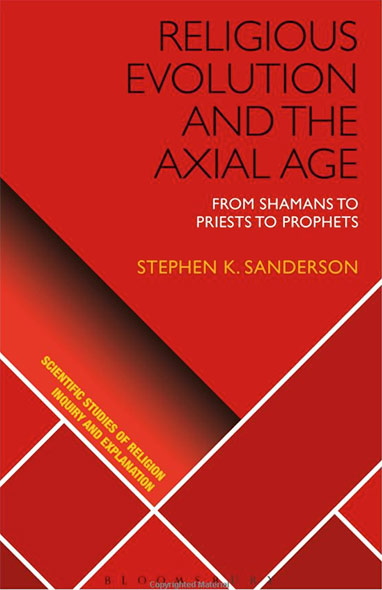
Religious Evolution and the Axial Age
From Shamans to Priests to Prophets
Hardcover edition 2018
Reported by Sally Mallam
Contributing Writer
Why are there are so many different types of religion and how and why has religion evolved over time? The answer lies in both our biological and our sociocultural evolution.
In the series: Ideas that Shaped Our Modern World
- God 4.0
- A Contemporary Look at the Nature of Religious Experience
- Returning to the Spirit in “Sacred Nature”
- Religious Evolution and the Axial Age
- Paleolithic Beginnings
- Connecting With the Gods
- Axial Age Thought
- Muhammad: Origins of Islam
- The Journey of Classical Greek Culture to the West
- Stories and Storytelling
